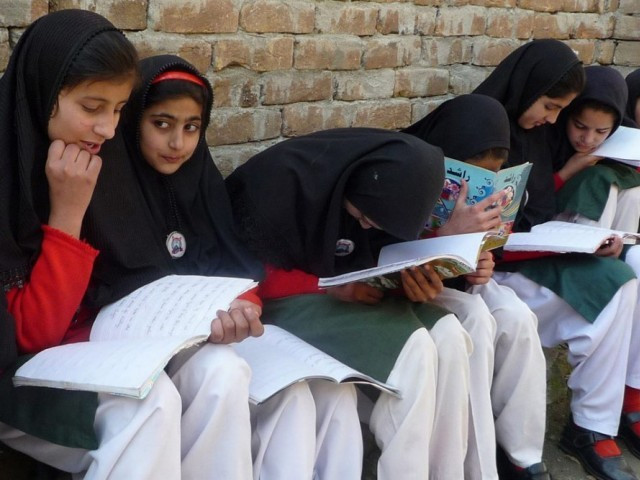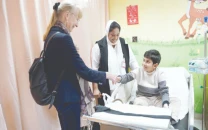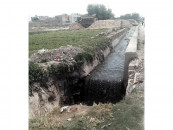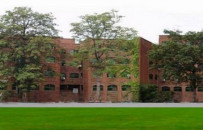Govt orders digitising data of brick kiln school-going children
Around 70,000 students are enrolled in government schools at brick kilns scheme in all 36 districts of Punjab

PHOTO: REUTERS
In a letter issued to all district education authorities (DEAs) chief executive officers (CEOs), Punjab School Education Department (SED) Chief Minister’s Monitoring Force ordered that the information pertaining to children of brick kiln workers should be updated in their respective districts. The letter said, “It is to inform you that a new column regarding information of children of brick kiln workers who have attained more than 14 years of age has been added on the dashboard of School Education Department for updating.”
Cash scheme: 90000 underage brick kiln workers enrolled into schools
The CEOs of all 36 districts of the province were ordered to appoint a focal person for the task and DEA CEO concerned were made responsible to complete the task, especially the financial matters as children who were enrolled under the programme receive a monthly stipend by the government.
When contacted, SED Secretary Dr Allah Baksh Malik said the reason of the letter was to include data of children in the digitised system of the Punjab government. “We want to ensure that the data being provided to us is of children who are attending schools regularly. It will also ensure transparency and citizens to see the information and point out any discrepancy.”
He said around 70,000 students had been enrolled in government schools at brick kilns in all 36 districts of Punjab.

In May 2016, the Punjab government started the Conditional Cash Transfers (CCTs) programme for brick kiln children through which the families were provided Khidmat Cards. The programme was announced by Punjab Chief Minister Shehbaz Sharif on May 1 last year. The scheme was aimed at eliminating child labour from brick kilns and enrol out-of-school children living with their families around brick kilns.
Initially, the programme claimed to enrol 37,015 children in all districts of the province. The cards were given to the families and through it, they were given a sum of Rs2,000 once and Rs1,000 every month apart from bearing the expense of uniform, books and stationary. A survey was conducted by the Punjab Labour Department to ascertain the number of out-of-school children at brick kilns in all 36 districts of the province.
Concerns over the programme
Expressing concerns over the government’s initiative, Bhatta Mazdoor Union General Secretary Mahmood Ahmed Butt said the survey conducted by the government was misleading as it did not include all the children.
“The total number of children at brick kilns is far more than what the government claims,” he said. “The stipend announced in the CCT programme was also not being provided to all the families.”
Sindh passes law to prohibit child labour
Latest figures of Brick kiln
According to the latest figures of the survey, the department identified 10,347 brick kilns in Punjab and a total of 126,779 children were identified at these sites. Out of the total, the survey identified that 32,727 children were not attending schools.
For the school-going children, a total of 71,373 children were enrolled in public schools of which 41,017 were males and 30,356 were females. A total of 13,125 children were attending private schools out of which 7,438 were males and 5,687 were females. While as many as 9,554 children were enrolled in non-formal education institutes.
According to the Global Slavery Index (GSI), in 2016 around 45.8 million people were in some form of modern slavery in 167 countries and Pakistan was one of the 5 countries that had around 58 per cent out of the number of people in modern slavery.
Published in The Express Tribune, July 22nd, 2017.



















COMMENTS
Comments are moderated and generally will be posted if they are on-topic and not abusive.
For more information, please see our Comments FAQ